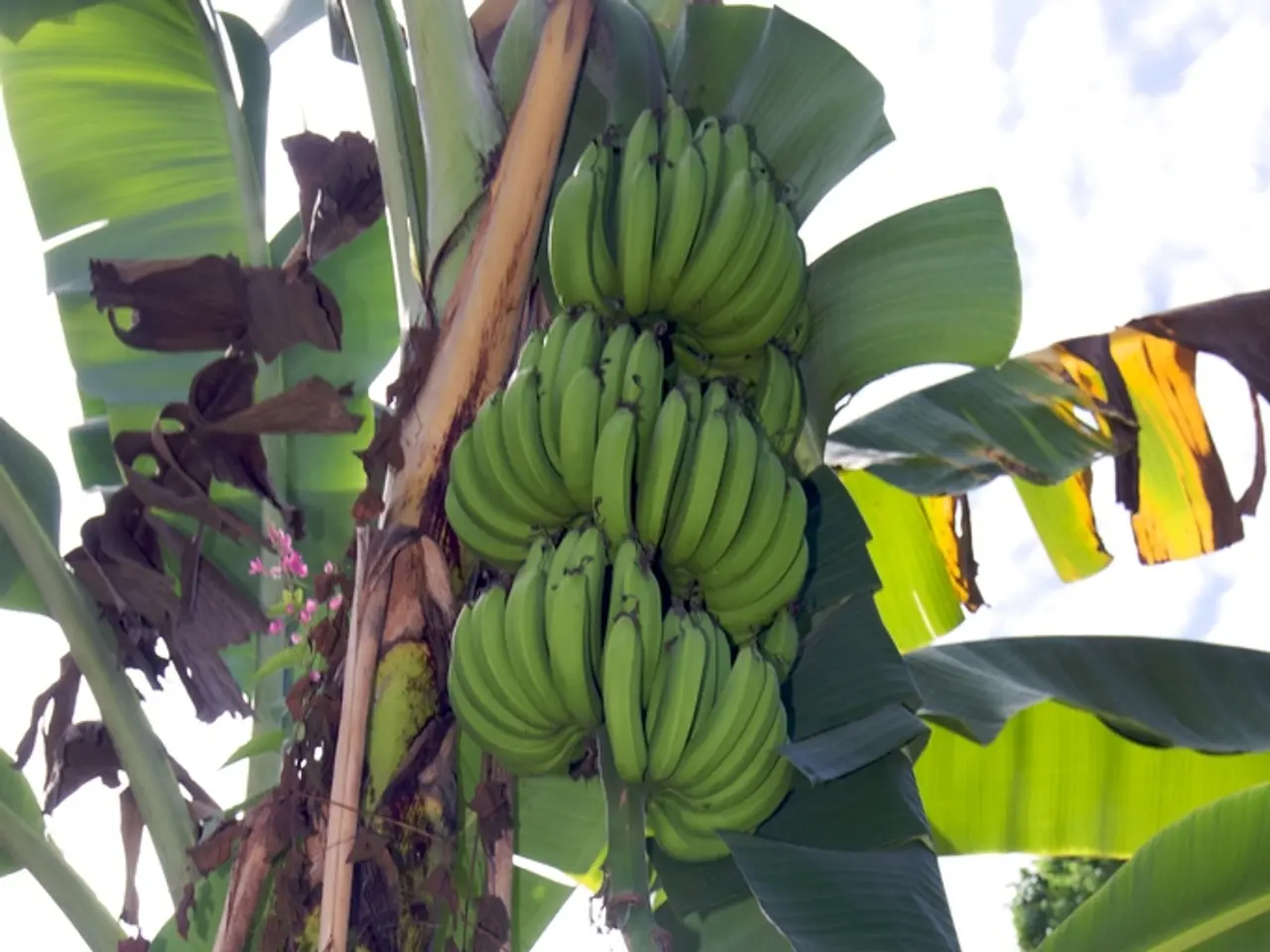Marvelous Advantages of the Joyful Fruit, Banana!!!
India, a land known for its rich cultural heritage and diverse cuisine, is also home to an array of unique banana varieties that play an integral role in both its culinary and religious life. These bananas, each with their distinctive characteristics, symbolise prosperity and purity while providing nutritional and culinary value.
One such banana is the Nendran, primarily grown in Kerala and Tamil Nadu. Large, firm, and mildly sweet, Nendrans are versatile, eaten both fresh and cooked. In Kerala cuisine, all parts of the Nendran banana plant are utilised in various dishes, reflecting its dual culinary purpose. While specific religious uses are not detailed, the banana plant, including Nendran types, is widely revered in South Indian rituals, where the fruit and leaves are used in offerings and decorations during ceremonies.
Chini Champa bananas, native to Northeastern India, are small with sweet and tangy flesh. They are popular in traditional sweets such as *koat pitha*—a dessert of banana fried in dough with jaggery common in Arunachal Pradesh and surrounding regions. These bananas are associated with special occasions, weddings, and festivals, indicating their importance in celebratory culinary traditions of Northeastern India.
Banana leaves, culturally significant and widely used across India, serve as natural plates for serving food, imparting subtle flavours and aromas. They are essential in Hindu ceremonies, used to decorate altars and serve prasadam (sacred food offerings). Banana leaves are similarly cherished for their purity and auspiciousness in Indian rituals, much like their use in Southeast Asian festivals such as Thailand’s Loi Krathong.
These varieties and uses highlight the integral role bananas play in India's cuisine and religious life. India is home to over 30 varieties of banana plants, each with its own use and cultural significance. Growing bananas in your garden or even in pots is simple and incredibly rewarding, requiring plenty of sunlight, well-drained soil, and consistent watering.
Bananas offer numerous health benefits, acting as a mild laxative, beneficial for digestive problems, and rich in potassium, an essential mineral for maintaining healthy blood pressure and proper heart function. They are also a great source of antioxidants, helping in reducing inflammation, making them a natural remedy for muscle cramps and other bodily discomforts.
In conclusion, India's diverse banana varieties not only enrich its culinary landscape but also hold deep cultural significance. From the sacred Nendran bananas of the South to the celebratory Chini Champa bananas of the Northeast, these fruits play a pivotal role in India's religious and festive traditions. The humble banana leaf, used in everyday cooking and rituals, further underscores the plant's importance in Indian culture.
In India, the rich cultural heritage extends to diverse banana varieties, symbolizing prosperity and purity in both culinary and religious life. For instance, Nendrans, grown predominantly in Kerala and Tamil Nadu, are versatile due to their large size, firmness, and mild sweetness. These bananas find use in numerous dishes, and are revered in South Indian rituals.
Chini Champa bananas, native to Northeastern India, are small and tangy, often used in traditional sweets like koat pitha during special occasions, weddings, and festivals. The banana leaf, significant across India, acts as a natural plate for serving food, imparting aromas and flavors. It's also an essential element in Hindu ceremonies and altars, symbolizing purity and auspiciousness.
Growing these unique banana varieties is simple, requiring ample sunlight, well-drained soil, and consistent watering, even in pots. Bananas offer numerous health benefits, acting as a mild laxative and rich in potassium, essential for maintaining healthy blood pressure and heart function. They are also a great source of antioxidants, promoting reduced inflammation and acting as a natural remedy for muscle cramps.
Considering their culinary, cultural, and health benefits, bananas play a pivotal role in Indian cuisine, religious practices, and health-and-wellness lifestyle. From the delicate care of nursery-grown seedlings to the care of mature plants in the garden, maintaining healthy banana plants is a Science of its own, contributing to a healthy diet and the overall food-and-drink industry. Embracing the growth and consumption of these succulent fruits can be a beneficial step towards a fitness-and-exercise conscious lifestyle, leading to a more nutritious and fulfilling lifestyle.





